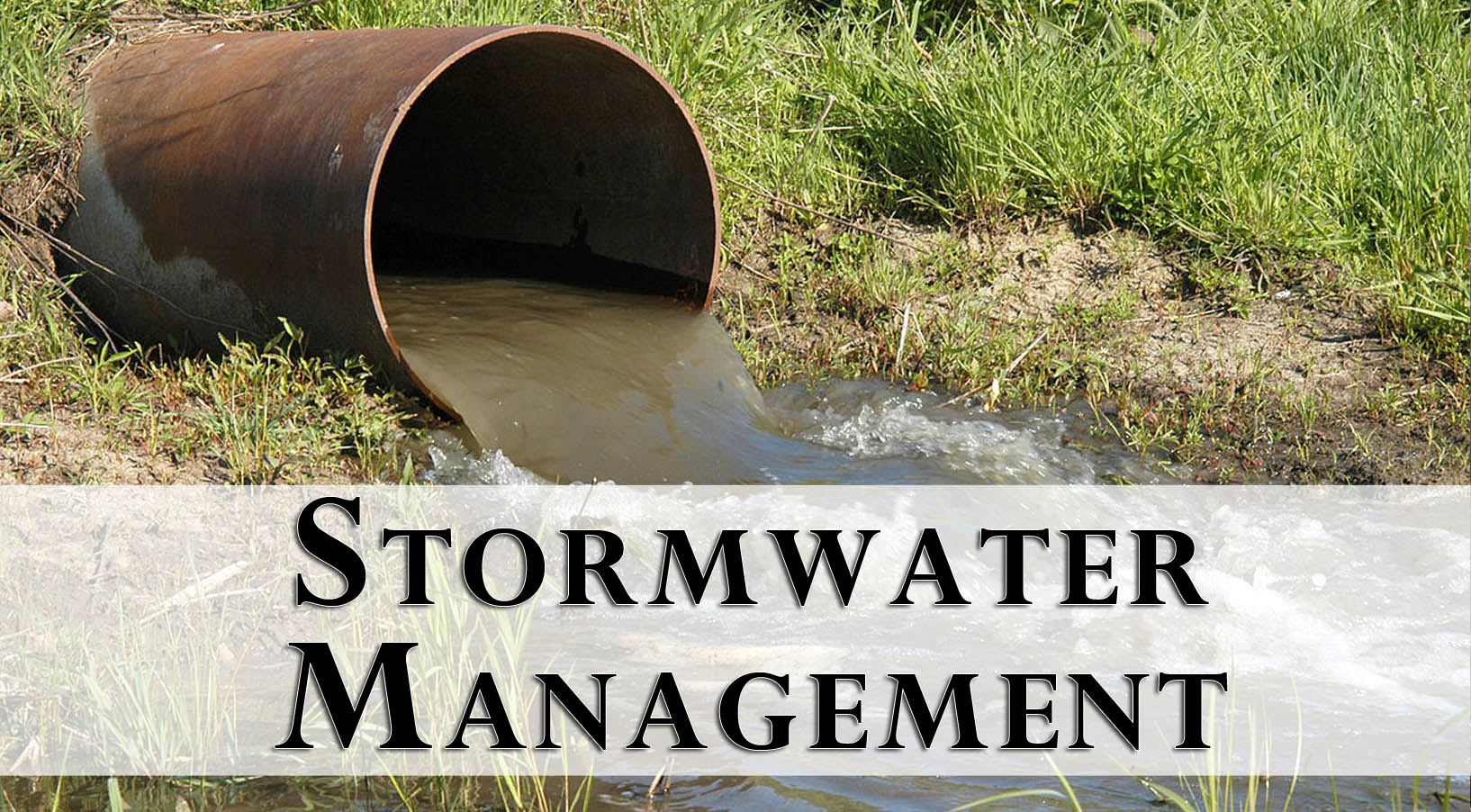Course Details
Your Growth, Our Mission

Course Description
The Training Course Will Highlight ?
provide participants with a working knowledge of current methods for designing effective drainage systems that minimize their construction and maintenance costs.
Training Objective
provide participants with a working knowledge of current methods for designing effective drainage systems that minimize their construction and maintenance costs.
Target Audience
Municipal engineers, designers, operation and maintenance staff, developers, planners, consultants, engineers, and other technical personnel responsible for drainage and storm water management facilities? This course is particularly suited to those who want a comprehensive review of both the design and implementation methods.
Training Methods
This interactive Training will be highly interactive, with opportunities to advance your opinions and ideas and will include;
- Lectures
- Workshop & Work Presentation
- Case Studies and Practical Exercise
- Videos and General Discussions
Daily Agenda
Welcome, Introduction, Workshop Preview, Learning Outcomes and the Assessment Method
Overview –The Big Picture
- Why Do We Need Storm Water Management?
-
- Effect of urbanization on: surface runoff, peak flow, volume and timing, surface water quality, groundwater quantity and quality, natural habitat, stream corridors
- Changes in hydrological cycle-why we cannot match pre-development conditions once we urbanize
- Degradation of receiving watercourses, erosion and
sedimentation - Changes in stream temperatures-effect on cold water streams
- Current issues in controlling storm water quantity and quality-the lack of finding perfect solutions
2. Protection of Receiving Watercourses
-
- Flood hazards-risk assessment and need for public education
- Flood plain delineation, choice of flood plain criteria and the problems of public acceptance
- Aquatic habitat protection
- Erosion, meandering, and the new concept of Valley Control
- Introduction to Morphology-is it a science or art?
3. Selection of Best Management Practices Design Criteria
-
- Post and pre-development criteria
- Water quality, fish and body contact recreation criteria
- Erosion control criteria
- Major-minor system
- Water balance, recharge criteria-why it is impossible to meet some of the criteria
- Water temperature criteria -why it is impossible to meet frequently the criteria
- Effect of climate change-how to make allowance for it when we know so little?
4. Review of Numerous Alternative Stormwater Water Management BMPs-and Why None Are Perfect
-
- Source control: roof and foundation drains, permeable pavers, etc.)
- Conveyance controls, (Swales, pervious pipes, etc.)
- End-of- pipe controls, (wet and dry ponds, underground tanks, wetlands, filters, infiltration facilities, separators, etc.)
- Good Housekeeping and municipal practices, (Land use restriction, litter control, recycling, waste control, street sweeping, road salt management, public education, etc.
- Recommended BMP Manuals
5. Recent Developments in the Design of BMP for Low Impact Developments-How Effective Are They?
-
- Low Impact Developments
- Innovative Landscape design: rain garden, bio-retention, permeable paving and green roofs
- Review of emerging technologies, new commercial
products to control water quality-and the search
for the whole truth
6. How to Select BMPs for Different Site Conditions
-
- Treatment trains
- Selection process, use of selection matrix
- Short and long-term costs
7. Special Cases: Redevelopment, Retrofits, and Infilling
-
- Stormwater management criteria
- Applicable practices
- Approach to retrofits
8. Design of the More Frequently Used Best Management Practices
-
- Outline of Wet pond design
- Outline of Grassed swale design
9. Operation and Maintenance of BMPs-a Municipality's Long Term Liability
-
- Municipal input during reviews of pond, wetland, swale, infiltration, porous pavement designs
- Erosion and sediment control at construction sites and inspection during construction
- Operation and maintenance tasks for source, conveyance and end-of- pipe facilities
- Preparation of municipal operation and maintenance plan
- Resources: budgeting, manpower, equipment, scheduling
10. Monitoring
-
- Programs for monitoring flows, water quality, aquatic habitat,
- Base lone monitoring
- Performance monitor
- New trend in effectiveness monitoring-how to do it and the difficulty of scoping it
- Parameters to be monitored, sampling, equipment
- Safety, and public perception-lessons learned from court cases
- Preparation of a four phase monitoring program
11. Introduction to Frequently Used Softwares and the Haestad softwares (included in the course)contained in the Hydraulic Engineering Handbook
-
- Overview of hydrology models-HYMO based, SWMM based, etc
- Overview of hydraulic models: HEC-RAS, MOBED
- Overview of the Haestad drainage models-StormCad, FlowMaster, CulvertMaster, and PondPack
12. Workshop – BMP Design Example
A step by step design example for an infill development, demonstrating a case of extremely severe control criteria dictated by the agency and the selection of peak flow and water balance BMP design criteria and controls
Accreditation
BTS attendance certificate will be issued to all attendees completing a minimum of 80 % of the total course duration.
Quick Enquiry
Request Info
Related Courses
Your Growth, Our Mission

